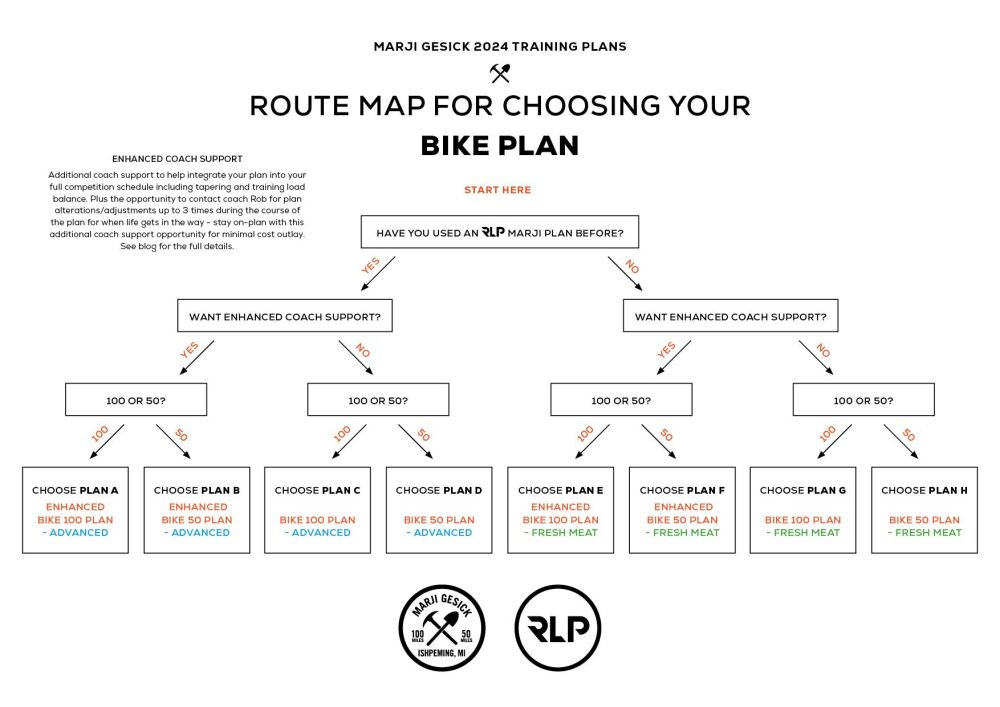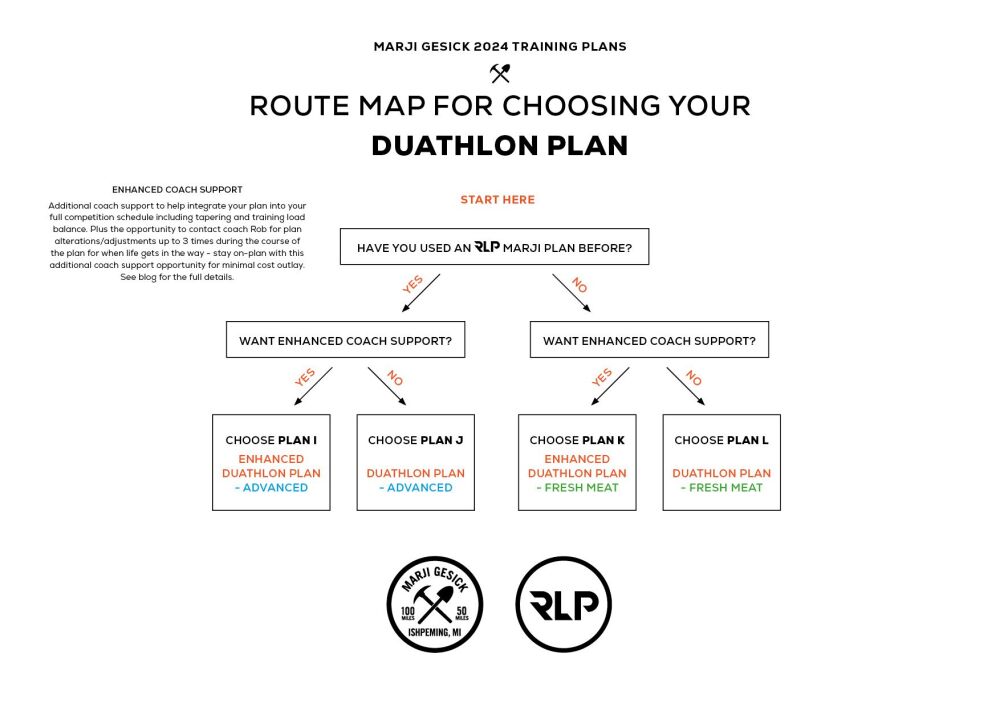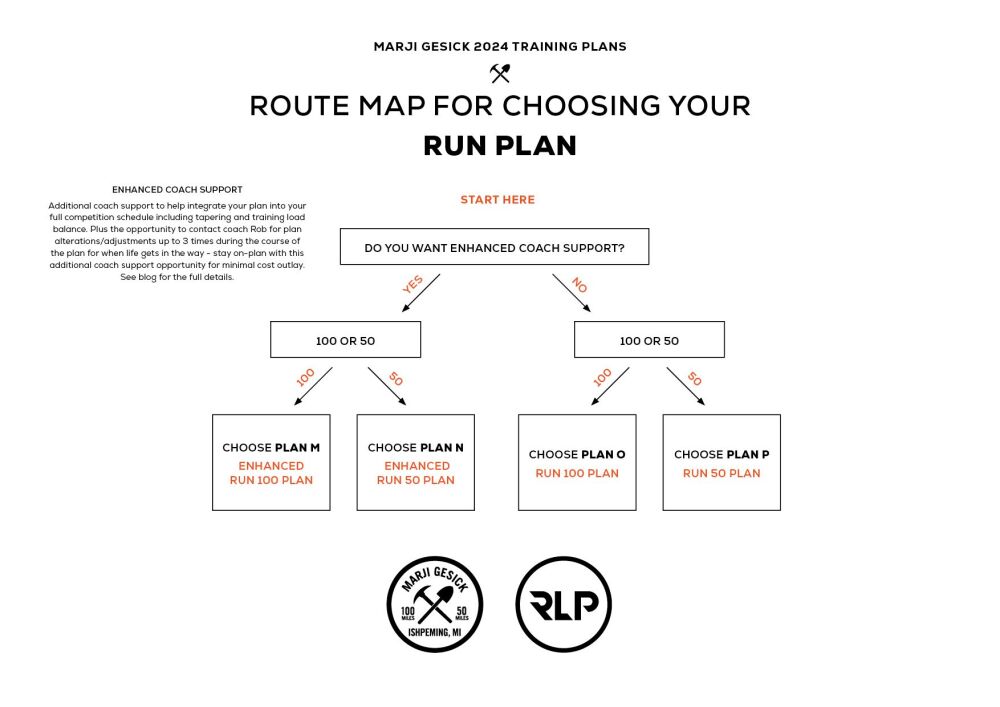6 Most Common "Base Training" Mistakes...
Posted on
Base training, we all know what it is right? Riding or running, or whatever our sport is, plenty of it, usually performed in the Winter, when there's no pressure, and no races coming up, and little need to pay proper attention.
Or is it?
As a full time endurance coach I have the honour of working with different levels of athlete, I see thousands of training files on a regular basis, and perform analysis for those who seek the best performances from themselves in sport. So what actually constitutes a good "base" of training, and what are the most common mistakes I see that hold us back from getting to the event or race with the fitness we hope to achieve?

1 - Treating fitness like it's "only" the destination.
If we want to get fit, stay fit, and remain healthy, then we need to treat health and fitness as a continuous and never ending journey. There's really no such thing as "base training" in the sense that we just do it at a certain time of year. If we are serious about performance then training year-round and establishing a "base line" that encompasses health and fitness practice and supports everything we hope to build upon it is the most important step for every athlete. A good baseline starts with a health basic: daily movement. There shouldn't be a day that we are not moving. It's not healthy, and fitness can not be built on a perpetually unhealthy foundation. There are times of year - leading into that big race perhaps - where the practice of endurance training skews us, temporarily, into the domain of unhealthy levels of stress. But it's temporary.
"Base training" happens year-round. It underpins everything. It starts with movement. Before we employ elaborate plans, sign up for that 12 week FTP builder on our favourite AI platform, we should have in place daily movement.
That's step 1.
Once we have that we need metabolic health, which is inseparable from metabolic fitness. This is the ability of the body to create movement from energy, or more specifically from food. In our arena this involves (or more accurately is completely dependant upon) the mitochondria, and requires constantly providing the training stimulus they need to improve our metabolic health. This is where the argument or discussion for training in zones 1 and 2 come in. Or at least it is an argument if you work for a popular media source, or provide video content on the internet. For anyone with even a remote handle on human physiology, who has worked with athletes who win, there's no actual debate or argument! If we don't train our slow twitch muscle fibres and we don't provide the correct stimulus to our mitochondria to reach our potential then guess what? We don't reach our potential!
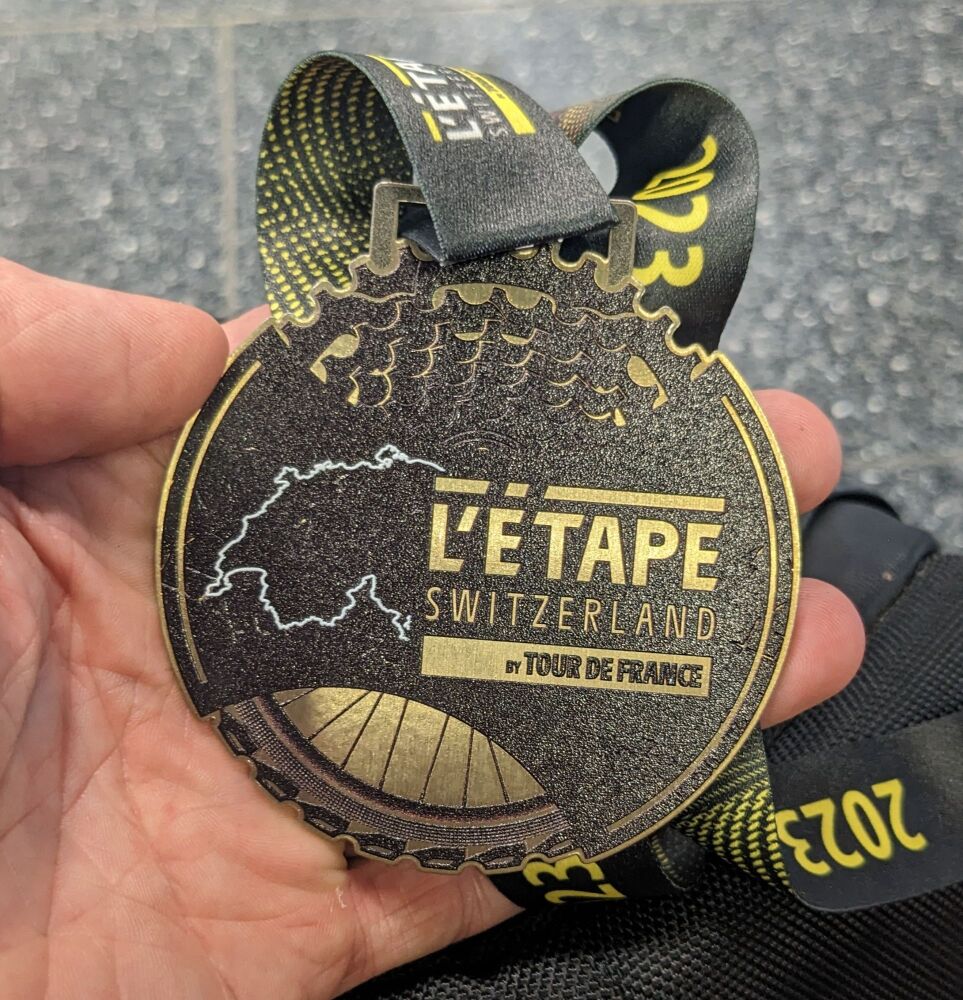
2 - Stopping repeatedly throughout workouts
AUTO-PAUSE... what a crap invention. There's a huge difference in physical demand between performing an effort constantly and alternating effort with recovery or stops. This is fundamental and as basic as it comes. We all take tea breaks at work. We all go to bed at some point. We all have a rest now and then. Why? Because it makes life possible! There's a converse relationship here with training: the more times we add a stop, be it for food, toilet or to take photographs for Instagam and Facebook, the lower the continuous stimulus is from our training. I lose count of how many times I open up workout files and there's as much time stopped as moving. This is very damaging if our goal is endurance - the ability to endure - and slows our development as athletes in this area.
If we are using any software or platform to analyse our data and then want to use the data to guide our future training then we need to turn Auto-pause off and just let the clock run.
Yes, I know it'll make our average speed seem lower than all our mates on Strava, but honestly who really cares? I ask you: what speed did your mate average 3 weeks ago on their Sunday ride? Exactly: you have no idea! The only thing people actually remember about others is when they smashed something completely out of the park, and that only happens with supreme fitness, and even then we are all so self absorbed that some might still not recognise your achievement!
We need to turn Auto-pause off, and don't stop unless we have to (God kills a kitten every time we run a red light on our bike, just remember that ;-) and then we get real data for how much power we can actually produce for 20 minutes, 60 minutes, 90 minutes, 3 hours and so on. That is a real world picture of where our performance is and from there we can work out what needs to happen in training to get it to where it needs to go.
We also get a reality check on how, or if, we need to allow for stops and feeding in our long events and races. If we can't train for 5 hours straight without sitting down for a slap up meal twice within that session then the chances we can ride an ultra distance sportive without the same percentage of stoppage time is pretty much zero.
Align goals with training, and align training with goals.
Yes, the slower times of the competitive year might well be a great time for some social interaction, and the cyclists cafe stop might well be a valuable part of that experience. It really doesn't need to be every training session or workout though, and if we learn to treat both training and social with a bit more respect then we stand to gain more quality, and better outcomes, from both.
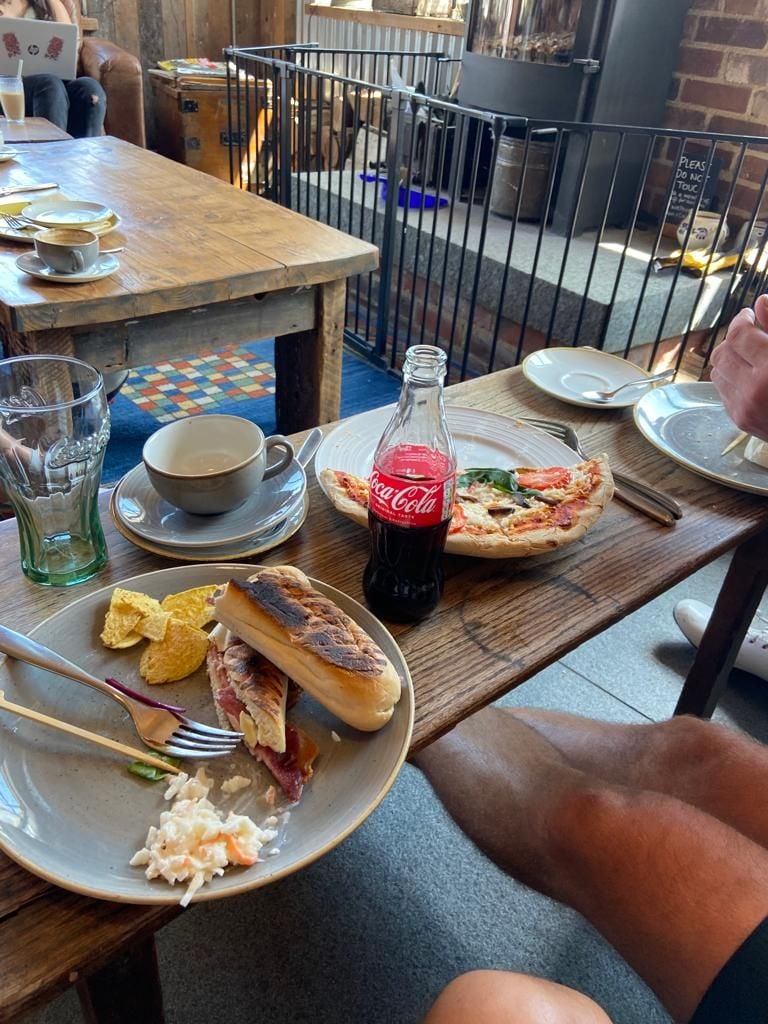
3 - Riding too hard
If it's anaerobic then it's not base training. End of the story.
URGH, OK maybe there's nuance here for the best of the best. If you are the best of the best then you are probably not reading this unless it's to enjoy catching up on what your coach has written for everyone else!
But for the rest of us: if we have no baseline in place and it involves 2 x 20 at threshold or big blocks of sweet spot, and more than about 5% of total training time each week looks like this then it's probably too hard.
No power meter? OK, but that's no excuse. No heart rate monitor? Still no excuse! Our body is a great indicator of base levels of training stimulus. Here are a few clues it might give us: If we need to eat like a horse after a session it was probably too hard. If it puts us on the sofa for hours on end it was probably too hard. If we can't sleep properly... you get my drift? Every year I talk to at least half a dozen folk who can't make any progress but are ignoring the basic bodily signals constantly. I've never met anyone who is training too hard who thinks it feels too hard at the time. That's just human wiring.
A foundation, a baseline, should feel bloody enjoyable, it should fell bloody easy, we should finish the session, get home, have one of our kids ask us to go play ball, or our partner to help them with a chore, and be able to hop out of the chair and do it. That's baseline fitness and metabolic health all over.
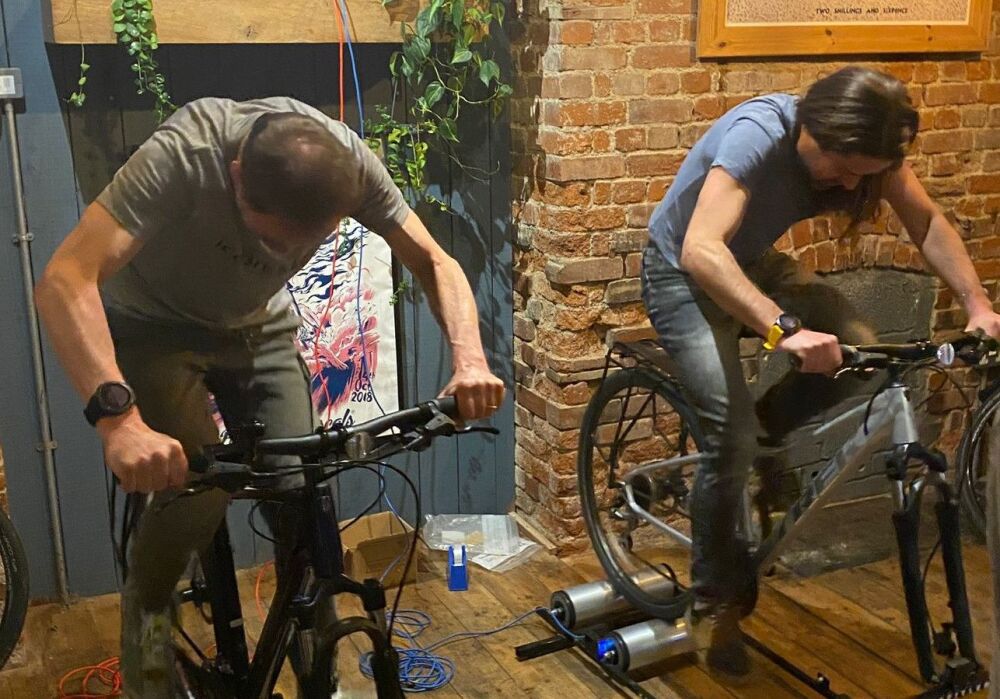
4 - Working out too infrequently
"How many hours should I train per week"? A common first question but sadly a poor place to start. Poor questions lead to poor decisions. Baseline fitness and metabolic health require daily movement. The number of accumulated hours is much less important than how those hours are distributed. I like to see easy days in plans, in training regimes. I like to see rest days sometimes. BUT mostly I like to see training most days, and I like to see variation in the load on each day. I've regularly worked with athletes who "only have 5 hours to train per week" and we get them to a level where they out-perform athletes who train 10 hours a week or more. How do we do this? I get them to train more often than the guy who trains 10 hours. 1 hour a day, 5 days a week will often beat 10 hours only performed at weekend. Frequency really does matter, and really is very powerful. Shoot for frequency first, build in duration, forget about intensity being a big driver until we have these dialled.
5 - Thinking that training only happens in workouts.
If we want to get fit, stay fit, and remain healthy, then we need to treat health and fitness as a continuous and never ending journey. NEVER ENDING. It doesn't start, or stop, when we work out. The higher aspirations we have the more important this point becomes. I see this so often: "I'm only base training so my diet/sleep/alcohol consumption/mental health doesn't matter so much"
WRONG.
These things always matter if you want to get faster. There is always a trade going on. There's no training regime in the world that can outrun, or outperform, a situation where we short change ourselves in any other department related to physical health and wellbeing.
If anything, if we say we are "base training" we have less excuses to drop the other balls that contribute our overall fitness. When we are not pinned to the wall in the final prep for competition we are under far less pressure, we have time on our sides. If we have designated a time of year as a base training phase then this is the time to nail down our sleeping environment and routine, take care of our work and relationships, sort out our finances and our dentistry, and get our diet in the best damn place it's ever been.
6 - Believing that Base Training is easy to design and not asking for help
For sure it's a sales pitch, but here's the thing: All of us are different and all of us need degrees on a theme in order to create the correct training stress at any one time. Too many of us make the big mistake of believing that "base" means "basic".
It doesn't.
To train we need to apply the correct dose of training, frequency, duration and intensity. It is always changing because our fitness is always changing, and what we did last week, last month, and last year is always changing too.
Sometimes doing what we did last time is the correct course of action. Other times it is completely incorrect.
Do we know the difference?
If we do. If we have collected the experience to make good judgement, then we become successful coaches: either of ourselves or others. If we don't then we can learn the long and hard way - through time and opportunities - or we can bypass that painful process by working with someone who does.
Next Summer might be the time when YOU hit the PBs YOU'VE been seeking, when YOUR performance moves to a new level, and if it does it will be because of everything you got right at every other time of year before you got there.
Nothing is more important to our compoetition success than the foundations upon which we build it.
This is why, we call it Base Training.

